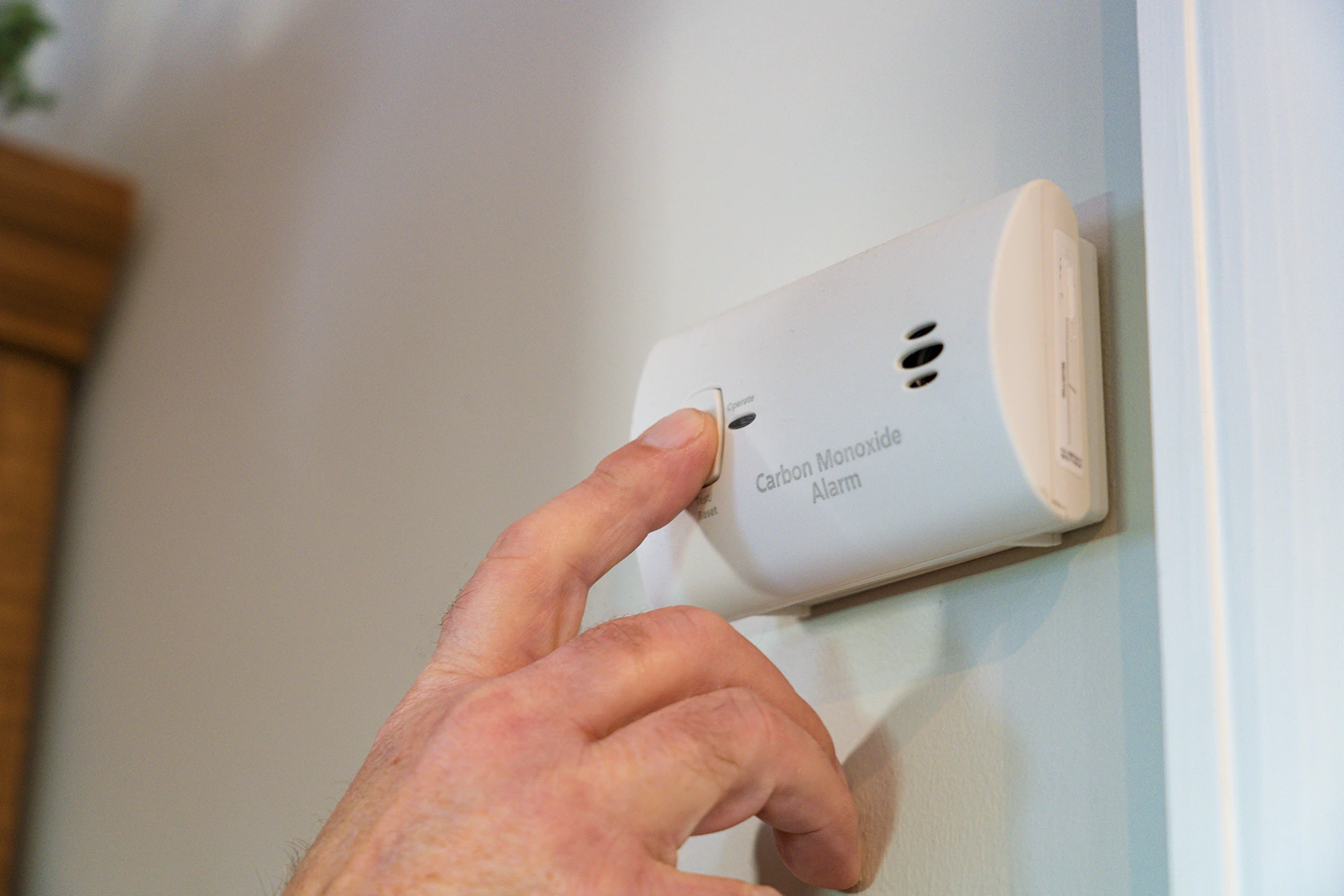Detect Your Way to a Safe Summer

As summer break begins, your kids will be at home more often. Here are some must-know tips for keeping them safe.
What is a smoke detector?
Smoke detectors, also called smoke alarms, are designed to make loud sounds when they recognize smoke in the air, often due to fires, which can mean your family is in danger. Smoke detectors prevent deaths, and reports have shown that deaths from fires are more likely to occur in homes without working smoke detectors.
Things to consider:
- Smoke detectors should be replaced every 10 years.
- You should test your smoke detector battery by pressing the button once a month. Come up with a scheduled day to do this, such as the 1st of every month.
- Place smoke detectors outside every bedroom and at least one per floor. You can place them near the kitchen but not directly next to the cooking area to prevent false alarms.
- If there is someone deaf or hard of hearing in your house, install a smoke detector with flashing lights.
The South Florida American Red Cross offers free smoke detector installation in your home. To get one, apply online by visiting the Red Cross website.
Miami Dade County offers free hard-of-hearing smoke alarms.
What is carbon monoxide?
Carbon monoxide is a toxic gas produced by heaters, gas-powered cars, natural gas, wood, oil, kerosene, or propane. You cannot taste, see, or smell carbon monoxide. Carbon monoxide can be fatal when inhaled, and people can pass away in their sleep when a source of carbon monoxide runs overnight without proper ventilation.
Carbon monoxide detectors, like smoke detectors, are available for purchase at hardware stores and superstores. There should be one on each floor of your home, and the batteries must be replaced every 6 months.
What if your carbon monoxide detector goes off?
Immediately gather everyone in the house and leave. You must stand outside in the open air, not in your garage or an enclosed area.
Call 911, and do not re-enter your home until the fire department has cleared it for safety. If you suspect your family has been exposed to carbon monoxide, go to the emergency room – it is better to be safe than sorry. Children are more susceptible to the effects because their body weight is lower, and they breathe more rapidly than adults.
Symptoms of carbon monoxide poisoning are described as “flu-like” and may include:
- Headache
- Dizziness
- Weakness
- Upset stomach or vomiting
- Chest pain
- Confusion, not acting like themselves
Both of these alarms will keep you and your family safe from many dangers in the home.
For more information about how to keep your home safe, call the Injury Free Coalition for Kids, a program of Jackson Hospital and the University of Miami funded by the Children’s Trust at 305-243-9080 or visit www.injuryfree.org.
Written by Allison Ong, M.D., Oneith Cadiz, M.D., Lyse Deus, M.Ed., and Taylor Rosenbaum, M.D., M.A.
Sources
National Fire Protection Association (2024, June) Smoke Alarms in US House Fires. https://www.nfpa.org/education-and-research/research/nfpa-research/fire-statistical-reports/smoke-alarms-in-us-home-fires
American Academy of Pediatrics (2025, May). Fire Safety: Protecting your Family from a Home Fire. https://www.healthychildren.org/English/safety-prevention/all-around/Pages/Fire-Safety.aspx
American Academy of Pediatrics (2025, May). Carbon Monoxide Poisoning: How to Protect your Family. https://www.healthychildren.org/English/safety-prevention/all-around/Pages/How-to-Prevent-Carbon-Monoxide-Poisoning.aspx
CDC. (2025, May). Carbon Monoxide Poisoning Basics. https://www.cdc.gov/carbon-monoxide/about/index.html?CDC_AAref_Val=https://www.cdc.gov/co/pdfs/faqs.pdf
Tags: child safety, Dr. Lyse Deus, Dr. Oneith Cadiz, Dr. Taylor Rosenbaum, healthy kids, safe home
